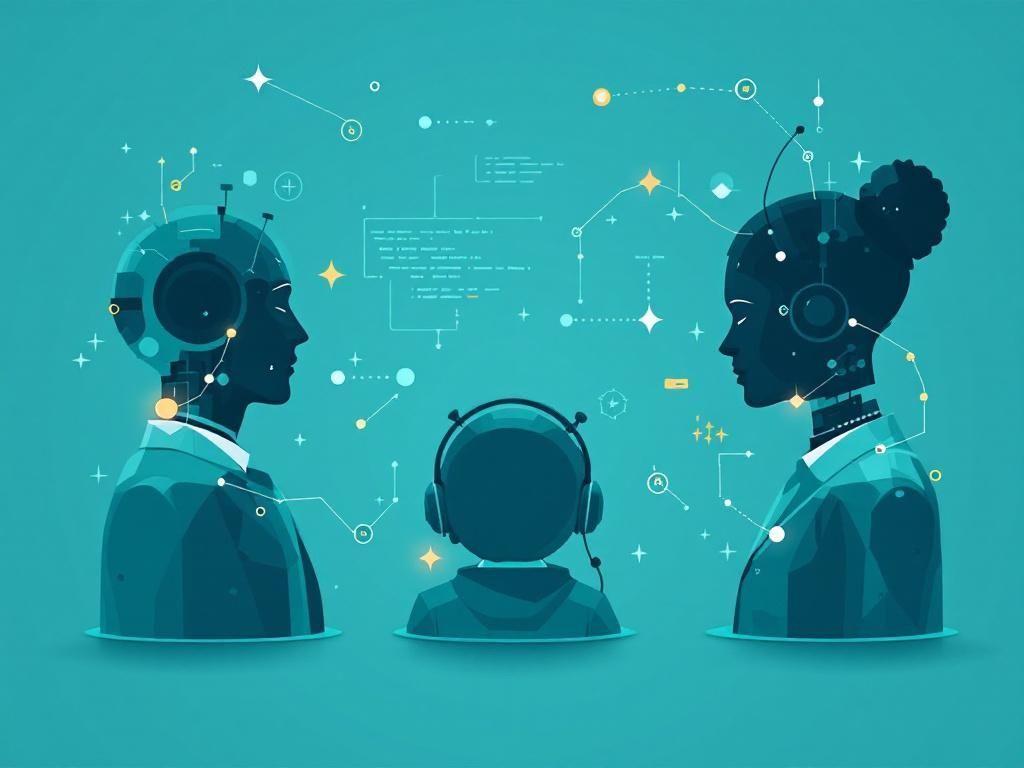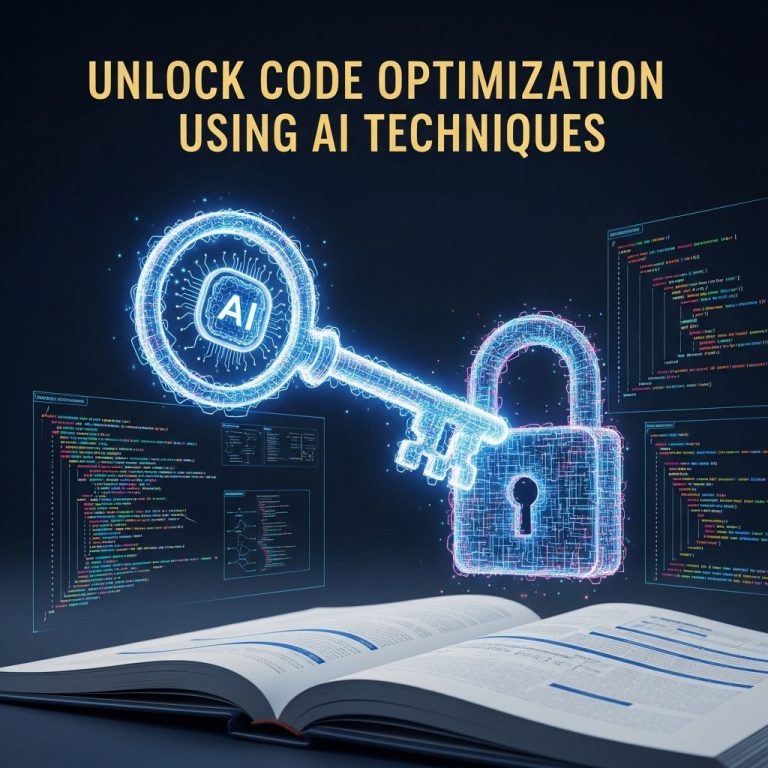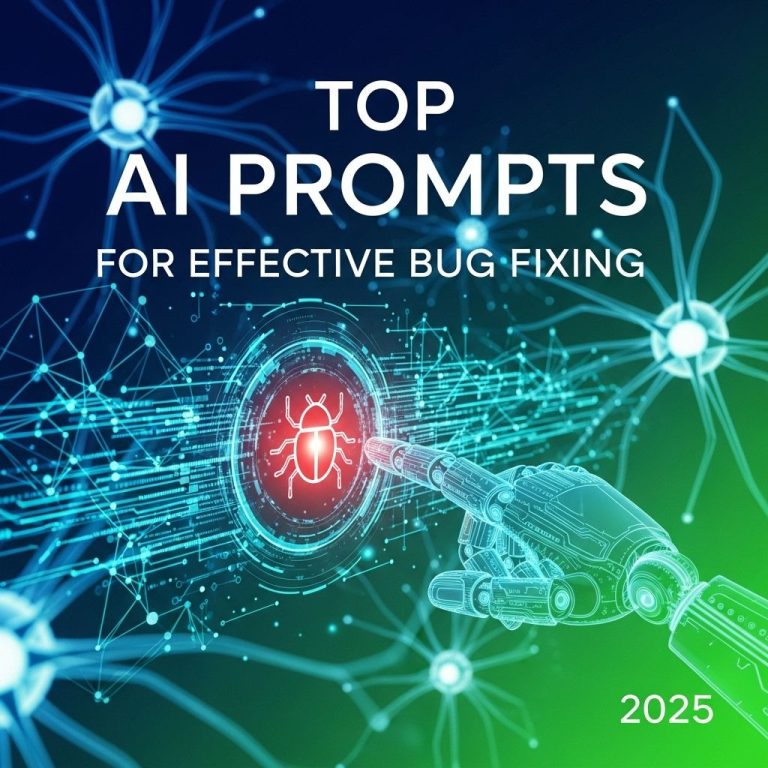The integration of Artificial Intelligence (AI) into software development processes has transformed how teams approach code quality, efficiency, and collaboration. In particular, AI-driven code review tools have emerged as game-changers, allowing development teams to enhance code quality while saving time and reducing the burden on human reviewers. As software systems grow in complexity, the need for effective code review becomes paramount. This article will explore how AI can revolutionize your development team’s code review process, the benefits it offers, and best practices for successful implementation.
The Role of Code Review in Software Development
Code review is a critical process in software development that involves evaluating new code changes to ensure quality, functionality, and adherence to project standards. It helps identify bugs, improve code maintainability, and foster knowledge sharing among team members. Traditional code review methods can be time-consuming and prone to human error, leading to delays and potential oversights.
Key Objectives of Code Review
- Quality Assurance: Ensuring the code meets the required standards and is free of defects.
- Knowledge Sharing: Facilitating team collaboration and enhancing collective understanding of the codebase.
- Consistency: Maintaining coding standards and practices throughout the project.
- Security: Identifying potential vulnerabilities and ensuring secure coding practices.
How AI Enhances the Code Review Process
AI-powered code review tools leverage machine learning algorithms to analyze code changes and provide insights that can help streamline the review process. Here are some key ways AI enhances code reviews:
1. Automated Analysis
AI tools can automatically scan code for common errors, style violations, and performance issues, significantly reducing the initial manual effort required. This automated analysis allows human reviewers to focus on more complex issues that require contextual understanding.
2. Predictive Analytics
By analyzing historical code changes and reviews, AI algorithms can predict potential problem areas in new code. This predictive capability enables teams to address issues before they become critical.
3. Enhanced Collaboration
AI tools can facilitate communication within the team by providing context and insights related to the code changes, making it easier for team members to understand the rationale behind decisions.
4. Continuous Learning
AI models can learn from past reviews, refining their suggestions and becoming more accurate over time. This continuous learning process helps teams to adopt best practices and improves code quality.
Benefits of AI in Code Review
Integrating AI into the code review process offers numerous advantages:
1. Increased Efficiency
AI can significantly speed up the code review process by automating repetitive tasks and providing instant feedback, allowing developers to iterate faster.
2. Reduced Human Error
By minimizing the reliance on manual reviews, AI helps to reduce the likelihood of overlooking critical issues or introducing new bugs into the codebase.
3. Improved Code Quality
AI tools provide consistent feedback based on best practices and coding standards, leading to higher code quality over time.
4. Developer Satisfaction
With AI handling mundane tasks, developers can focus on more challenging problems, enhancing job satisfaction and encouraging creativity.
Challenges of Implementing AI in Code Review
Despite the many benefits, integrating AI into the code review process is not without its challenges:
1. Initial Setup and Training
Setting up AI tools requires initial investment in time and resources for configuration and training on the specific codebase.
2. Resistance to Change
Some team members may be resistant to adopting new technologies, preferring traditional code review methods.
3. Dependence on Quality Data
The effectiveness of AI models depends on high-quality training data. Poor data quality can lead to inaccurate predictions and recommendations.
Best Practices for Implementing AI-Driven Code Review
To successfully integrate AI into your code review process, consider the following best practices:
1. Choose the Right Tool
Evaluate various AI code review tools based on their features, ease of integration, and support for your programming languages and frameworks. Popular tools include:
| Tool | Features | Supported Languages |
|---|---|---|
| DeepCode | Real-time code review, context-aware suggestions | Java, JavaScript, Python, and more |
| Codacy | Automated code review, coverage analysis | Java, JavaScript, Python, Ruby, and more |
| SonarQube | Static code analysis, technical debt tracking | Multiple languages |
2. Pilot Program
Start with a pilot program to evaluate the effectiveness of the chosen tool. Gather feedback from the development team to understand the strengths and weaknesses of the AI system.
3. Training and Onboarding
Provide comprehensive training for your developers on how to effectively use the AI code review tool, ensuring they understand its capabilities and limitations.
4. Encourage Collaboration
Foster a culture of collaboration between AI tools and human reviewers. Encourage team members to leverage AI insights while relying on their expertise for complex decisions.
5. Monitor and Optimize
Regularly monitor the performance of the AI code review tool, gathering metrics on speed, accuracy, and developer satisfaction. Use this data to optimize your processes.
Conclusion
Incorporating AI into your development team’s code review process can lead to significant improvements in productivity, code quality, and developer satisfaction. As technology continues to evolve, leveraging AI will be essential for staying competitive in the fast-paced software development landscape. By following best practices and remaining open to new methodologies, your team can successfully navigate the transition to AI-enhanced code reviews, unlocking the full potential of your development capabilities.
FAQ
What is AI code review?
AI code review is the process of using artificial intelligence tools to analyze and evaluate code for quality, efficiency, and adherence to best practices, helping developers improve their code before it’s merged.
How can AI code review benefit my development team?
AI code review can enhance your development team’s productivity by automating routine code assessments, reducing human error, providing instant feedback, and identifying potential bugs earlier in the development cycle.
Is AI code review suitable for all programming languages?
Yes, many AI code review tools support a variety of programming languages such as Python, Java, JavaScript, C++, and more, making them versatile for different development environments.
Can AI code review tools integrate with existing development workflows?
Most AI code review tools are designed to seamlessly integrate with popular version control systems and CI/CD pipelines, enhancing your current workflows without disruption.
What are some popular AI code review tools available?
Some popular AI code review tools include DeepCode, Codacy, SonarQube, and Amazon CodeGuru, each offering unique features to help improve code quality.
How does AI code review improve code quality?
AI code review improves code quality by providing consistent and objective evaluations, highlighting code smells, suggesting improvements, and ensuring compliance with coding standards.




